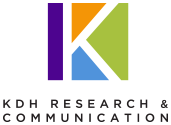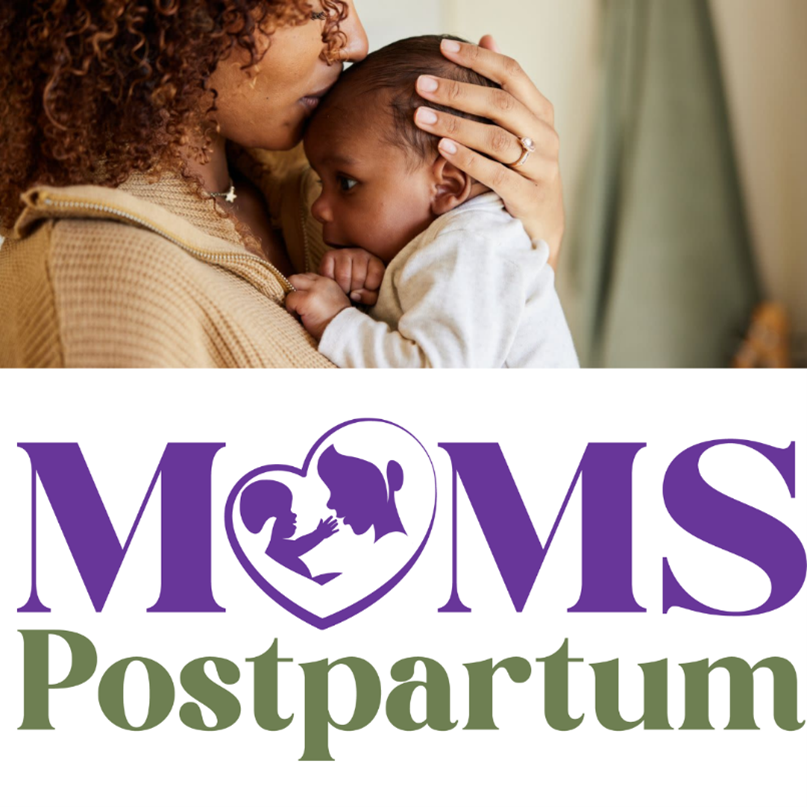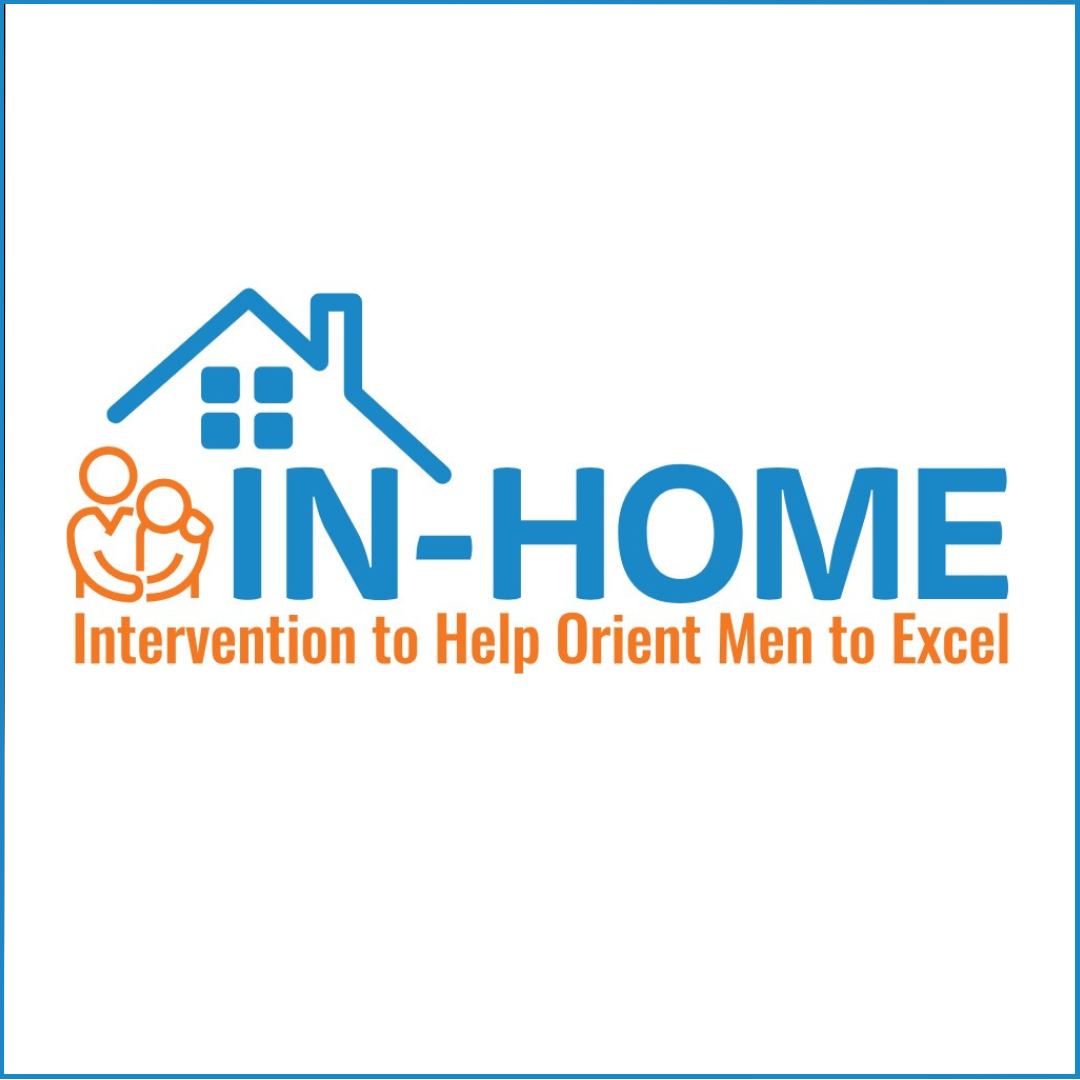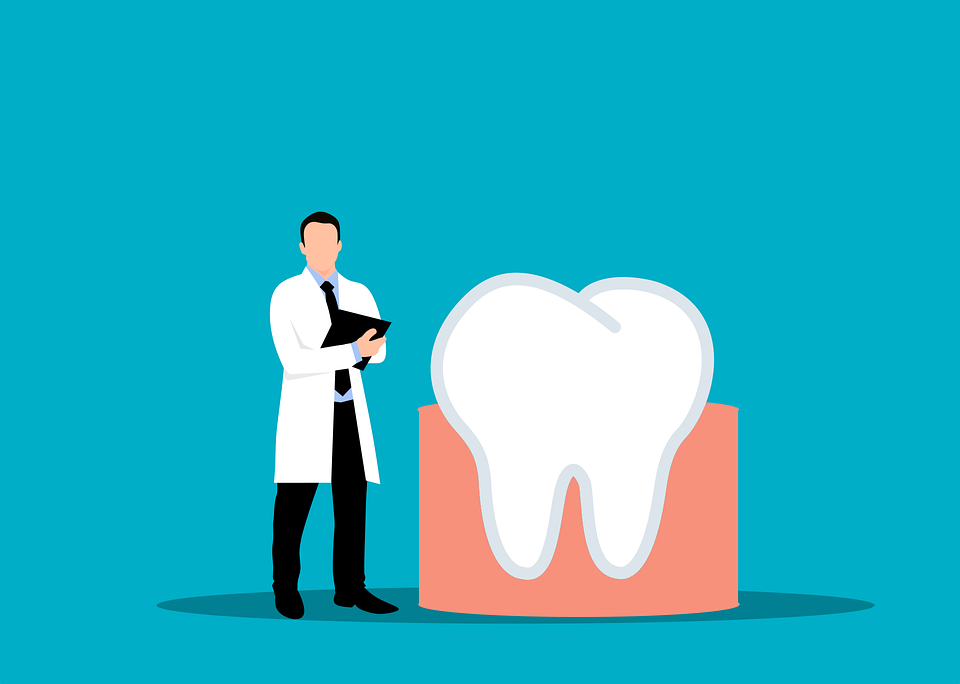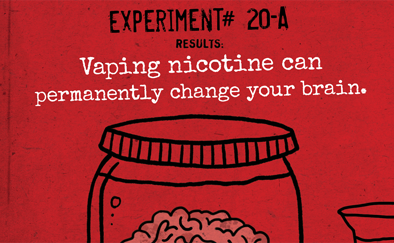KDHRC received funding from the National Institutes of Health (NIH) to develop and evaluate the Monitoring and Outreach for Maternal Safety (MOMS) Postpartum program. MOMS Postpartum is a professional development course that prepares community health workers (CHWs) to support postpartum women in disproportionately impacted communities with their physical, mental, and emotional health.
The Challenge
In the United States, women are twice as likely to die from maternal complications compared to other developed countries. The postpartum period is an especially critical time as women must adjust to social, physical, and psychological changes while taking care of her newborn child. Over half of maternal deaths in the U.S. occur during the postpartum period, and women in disproportionately impacted communities face maternal mortality rates two to three times higher than the general population. What is more, the infant’s health is directly impacted by the mother’s health and medical treatment; in fact, infants of mothers with severe maternal morbidities are 39% more likely to die than infants born to mothers without severe maternal morbidities. Therefore, postpartum women are a population in urgent need of targeted support and interventions.
Our Approach
CHWs are frontline health workers who educate, support, and provide resources to the members of the community they serve. CHWs often serve in at-risk communities, typically through community clinics or other local organizations, due to their proven success in delivering outreach that enhances health outcomes. Therefore, training CHWs to conduct high-impact outreach to postpartum women with tailored information and resources is an ideal, evidence-based approach to affect community-level change.
A series of expert meetings panel brought together subject matter experts, including medical providers, maternal health researchers, CHWs, and maternal health workers such as doulas, to examine the factors contributing to maternal mortality and identify gaps in postpartum maternal health care. The key takeaways from the expert panel meetings were the importance of interdisciplinary care and the need to provide comprehensive resources, including mental health providers and culturally responsive support groups, for postpartum women. The insights guided the development of course content aimed at improving care quality, reducing medical complications, and ensuring accessible, respectful care for women in disproportionately impacted communities.
From there, KDHRC developed the CHW training course, including narrative videos, artificial intelligence (AI) avatar simulations, text, and quizzes. The course featured four lessons including an introduction, health disparities experienced by mothers in disproportionately impacted communities, CHWs’ role in supporting maternal health, and working with maternal health professionals. The lessons covered topics such as the social determinants of health linked to increased risks of maternal mortality and morbidity, the role of CHWs in supporting maternal health as educators and informal referral resources, and strategies for connecting postpartum mothers to appropriate health care services.
Findings
A pilot evaluation used a two-group, pretest/posttest evaluation design to explore the extent to which exposure to MOMS Postpartum increased their knowledge, skills, and self-efficacy about the importance recognizing risk factors and warning signs of negative physical, mental, and emotional health in postpartum mothers; assessing overall well-being; understanding and applying personalized recommendations for postpartum changes; accessing available support resources; and maintaining their physical, mental, and emotional health. Our evaluation partners with nationwide CHW networks recruited CHWs to participate in the evaluation.
The treatment group showed significantly greater gains in knowledge (p<0.01), attitudes (p<0.01), self-efficacy (p<0.01), and intentions to conduct maternal health outreach (p<0.01) from pretest to posttest, compared to no significant gains in the control group except for skills for conducting maternal health outreach. While between-group differences were not statistically significant, most likely due to limitations in sample size, trends favored the treatment group in all measured outcomes. Furthermore, treatment group participants had an average satisfaction rating of 9.1 out of 10. Preliminary findings suggest the MOMS Postpartum training is effective in improving CHWs’ readiness to engage in postpartum maternal health outreach.
